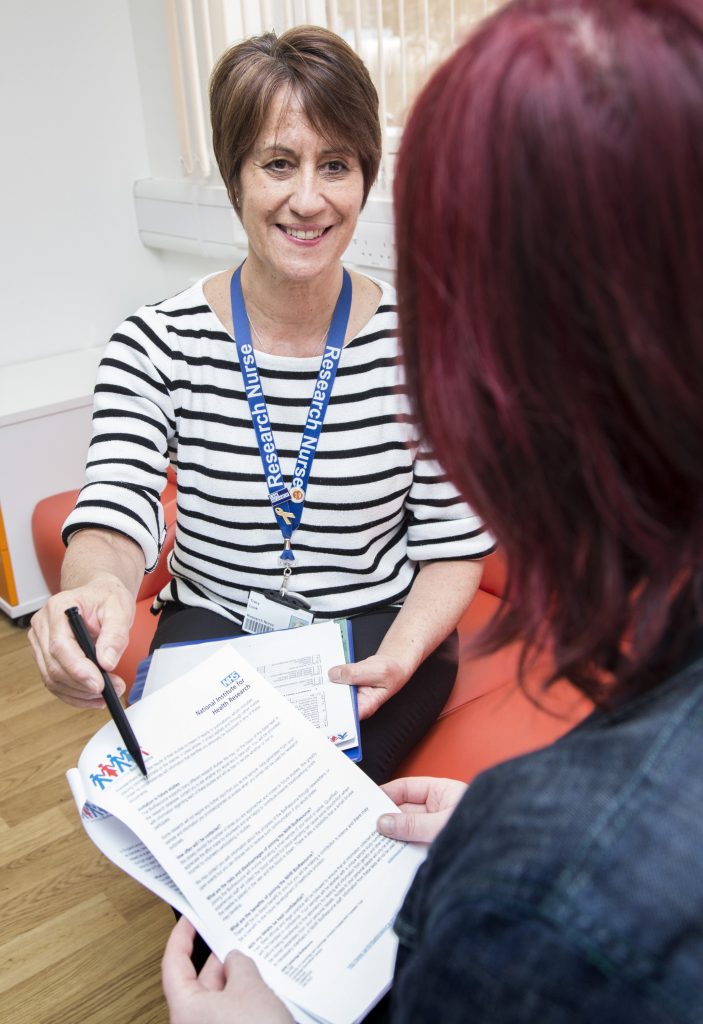What does Gut Reaction do?

Gut Reaction supports vital research by creating a secure resource of health data from thousands of people with IBD (Crohn’s disease and ulcerative colitis)
When people with IBD attend hospital or doctors appointments, information about their healthcare is saved (as it is for all NHS patients) as part of their healthcare record.
For many patients, these records cover their whole IBD journey, from diagnosis to treatment, including different medications and surgeries.
Over time, these data create a detailed picture of how their IBD has developed and progressed. Patients and doctors use this information to make decisions about treatment.
These health records form a very important source of health data. However, different kinds of this data are stored in different locations – for example, GP surgeries, pathology or radiology clinics, or pharmacies.
Data collected when IBD patients take part in research is another key source of health information. People who participate in research through the NIHR IBD BioResource (part of the NIHR BioResource) provide a biological sample. The sample provides genetic information (DNA) about them, as well as other information, such as blood type and how their immune system is functioning.
NIHR BioResource participants also complete a health questionnaire and allow access to their health records. The biological samples are securely stored in the sample repository in Milton Keynes, and the data at AIMES and the University of Cambridge.
Gut Reaction brings these sources of data (real-world health data and research data from the BioResource) together on thousands of people with IBD, so that clinicians and scientists can access these data for research purposes without compromising privacy of individuals or the security of the data.


